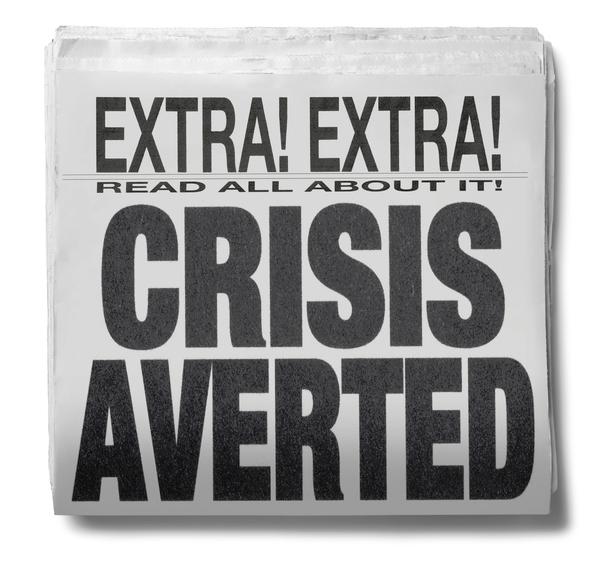In order for a relapse to occur, three things must happen:
1) The new ex-smoker must be presented with a potential relapse crisis situation; 2) The relapse crisis situation must trigger an intense cigarette or addict craving; 3) The craving must overwhelm the ex-smoker’s or ex-addict’s ability to cope.
Using our Powerful Relapse Prevention Tips To avoid relapse, a new ex-smoker or ex-addict must identify every potential relapse crisis situation at the earliest possible moment and must choose an effective coping strategy and put it into action immediately.When faced with a smoking relapse situation, the ex-smoker or ex-addict who does not act quickly is unlikely to be effective in resisting temptation.
Situations that increase the changes of failure include those in which the ex-smoker or ex-addict has been eating or drinking; is feeling depressed or angry; takes too long to begin a coping response; or chooses an inadequate response. In addition, high levels of stress or interpersonal conflict, as well as the presence of smokers or addicts, smoking paraphernalias at social gatherings where there is social pressure to smoke or indulge in addictive behaviors, thus increasing the chance of a relapse.
Successful coping responses include both internal responses (things you might think) and active response (things you might do).
Here are some suggested Powerful Relapse Prevention coping responses:
*Have something to eat*Choose a nonalcoholic drink.*Engage in physical exercise
*Take several deep, slow breaths
.*Find something to occupy your hands (a puzzle, knitting, a book).
*Avoid social gatherings where there will be drinking and smoking
*Talk to a friend about quitting
.*Take a hot bath or shower.
*Write a letter to someone you love, telling that person about your experience of quitting
*Think about the negative effects of smoking (disease, death, smelly clothes, and etc)*Give yourself commands (“Don’t do it!”, “Stop!” or “You will not smoke or do drugs”)
*Remind yourself how hard it was to quit in the first place
*Tell yourself you really don’t want to smoke Distract yourself by thinking about other things.
*Imagine the immediate harmful effects of smoking (black lungs, carbon monoxide in your blood, and etc)
*Tell yourself you only need to keep from smoking one day at a time.
*Acknowledge the difficulty of quitting and praise yourself for taking on this challenge.
Now, Imagine yourself a successful ex-smoker or ex-addict, celebrating your first full year without using tobacco.










